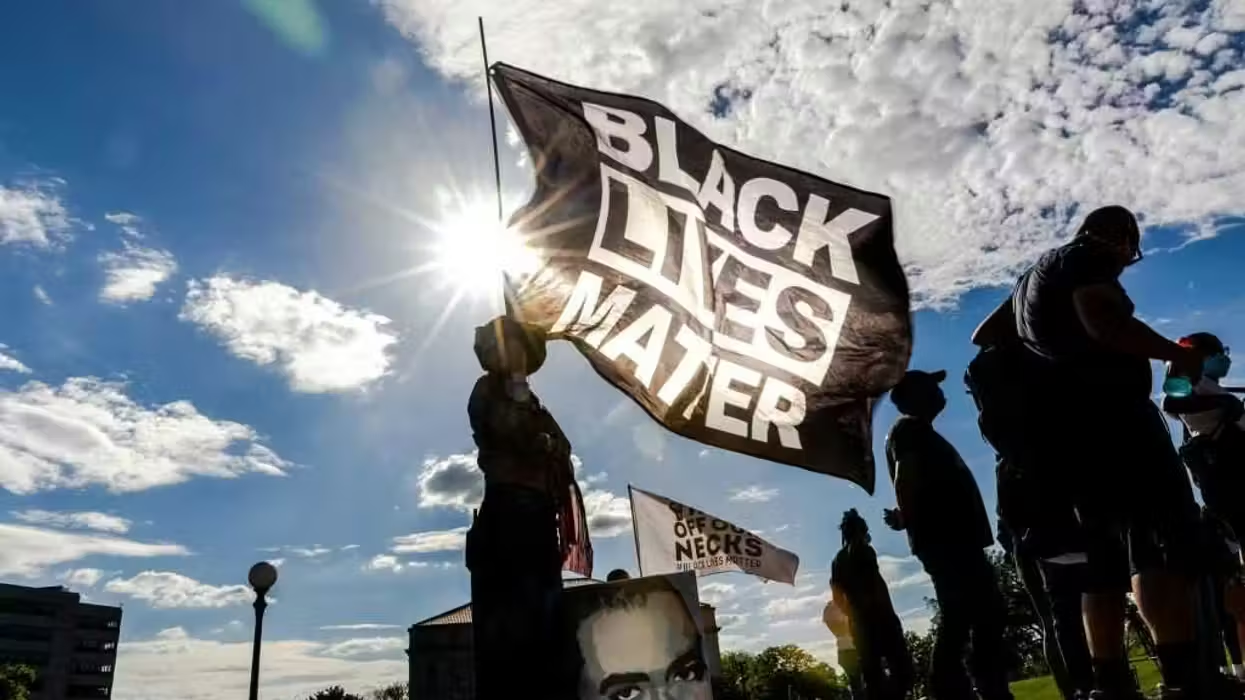
© 2025 Blaze Media LLC. All rights reserved.
3 books that will change your philosophy: faith, secularism and the American mind
December 11, 2013
Melanie Phillips is an award winning British journalist and best-selling author, known for her vigorous defense of authentic Liberal values against those attempting to destroy Western society from within. As a journalist, Phillips is best known for a long-running controversial column on political and social issues in the Daily Mail, following lengthy stints at the Guardian, Observer and the Sunday Times. As an author, her titles include among others the best-selling 2006 book, Londonistan on the causes and effects of the growing jihadist population in Great Britain and her most recent 2010 book The World Turned Upside Down: The Global Battle over God, Truth and Power.
Melanie was kind enough to sit down with Blaze Books and discuss some of her favorite books. This is the first in a series of posts resulting from our conversation.
For those who are unfamiliar, Melanie initially started out on the left when she began her career in journalism the late 1970s. Over the ensuing three decades, her political philosophy shifted towards Liberalism, an ideological position that has earned her the wrath of European leftists on her positions on issues including Islam, feminism, education, economics and a numerous other areas. As such, our first question for Melanie was as follows: What were the three books that had the greatest impact on your political philosophy/political shift?
1. The Persistence of Faith: Religion, Morality and Society in a Secular Age by Rabbi Jonathan Sacks

Inspired by Rabbi Sacks’ Reeth lectures, The Persistence of Faith confirmed to Melanie as she started down the road to Liberalism that “something had gone terribly wrong with the Enlightenment.” Truth had been trumped by sophistry, with calamitous consequences. The Persistence of Faith explains how Western society has been negatively transformed with the attendant societal ills including the destruction of the family, miseducation of children and other failures. Sacks’ book put these failures in context by showing how we eschewed the great historical thinkers, explaining with “luminosity…and brilliant clarity” how society steered off course.
2. The Closing of the American Mind: How Higher Education Has Failed Democracy and Impoverished the Souls of Today's Students by Allen Bloom

Interested in the collapse of education, this book confirmed that “everything I knew was true,” says Phillips, based on the “collapse of the idea of objectivity in the West.” For as Melanie surmised and Bloom confirmed, “If you can’t sustain the notion of truth, you are open to lies.”
3. God's Undertaker: Has Science Buried God? by John Lennox

In this book, John Lennox, Oxford Professor of Mathematics, argues that Richard Dawkins is G-d’s undertaker. Melanie read this book after observing that in debates between Lennox and Dawkins, Lennox is the “only person to get the better of Richard Dawkins,” and that he does so on Dawkins’ own terms – on the basis of science. Lennox argues that the whole scientific edifice of Dawkins’ arguments, on biology and other natural sciences is in fact “anti-mathematics.” This book helped explain the perils to Phillips of the secular backlash against religion – that the replacement of religion by “science masquerading as religion” would naturally have profound and devastating consequences.
Want to leave a tip?
We answer to you. Help keep our content free of advertisers and big tech censorship by leaving a tip today.
Want to join the conversation?
Already a subscriber?
Ben Weingarten is a writer, commentator, and editor at large at RealClearInvestigations. He is a senior contributor at the Federalist and writes columns for Newsweek and the Epoch Times.
Ben Weingarten
Ben Weingarten is a writer, commentator, and editor at large at RealClearInvestigations. He is a senior contributor at the Federalist and writes columns for Newsweek and the Epoch Times.
more stories
Sign up for the Blaze newsletter
By signing up, you agree to our Privacy Policy and Terms of Use, and agree to receive content that may sometimes include advertisements. You may opt out at any time.
Related Content
© 2025 Blaze Media LLC. All rights reserved.
Get the stories that matter most delivered directly to your inbox.
By signing up, you agree to our Privacy Policy and Terms of Use, and agree to receive content that may sometimes include advertisements. You may opt out at any time.






